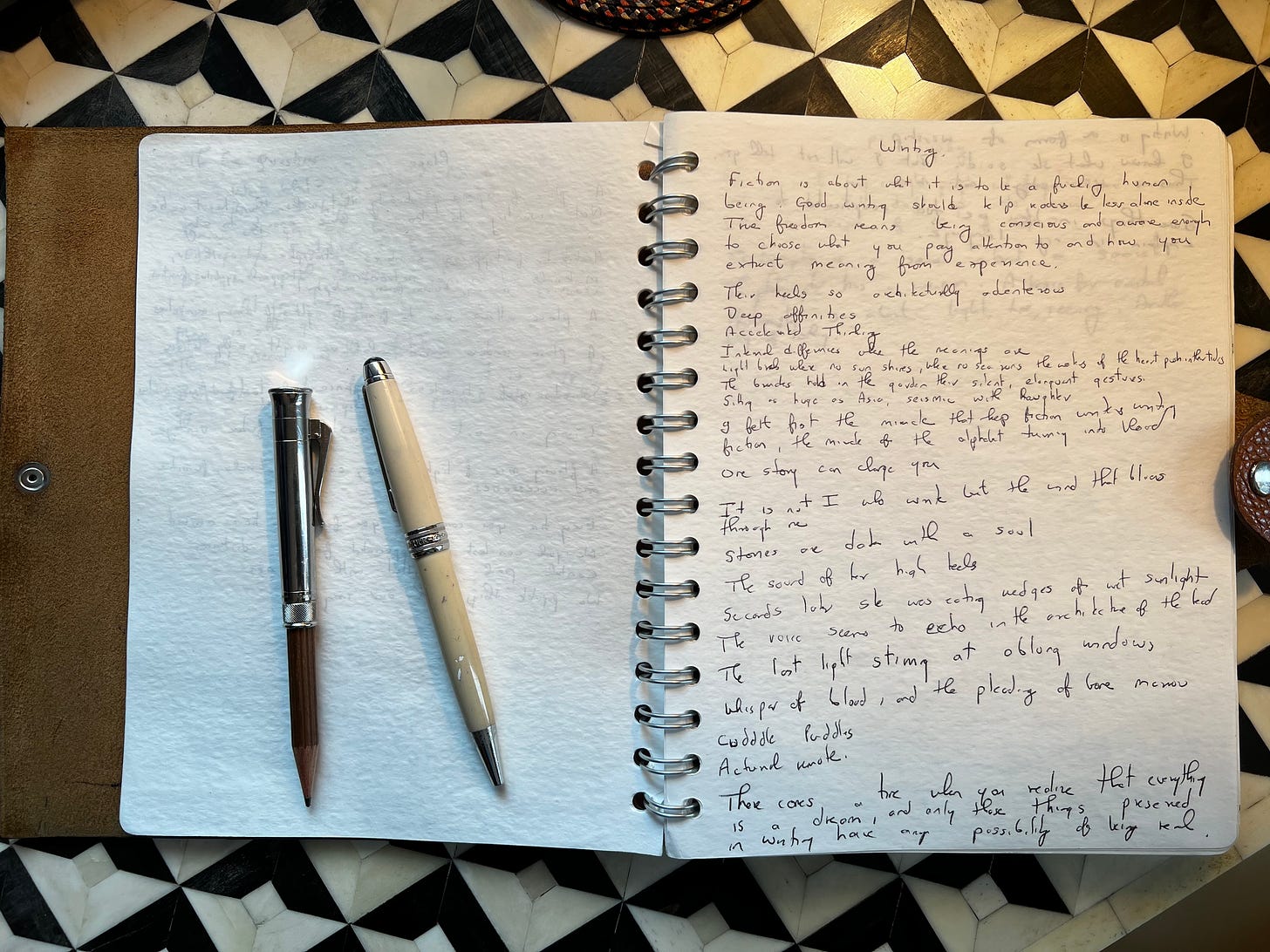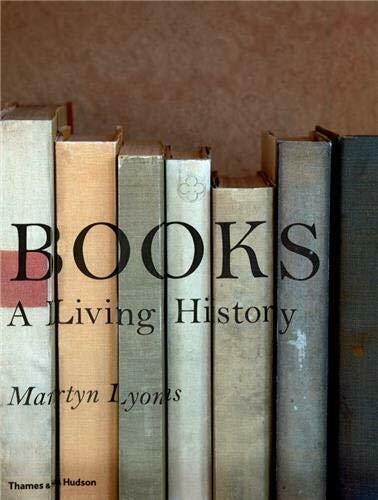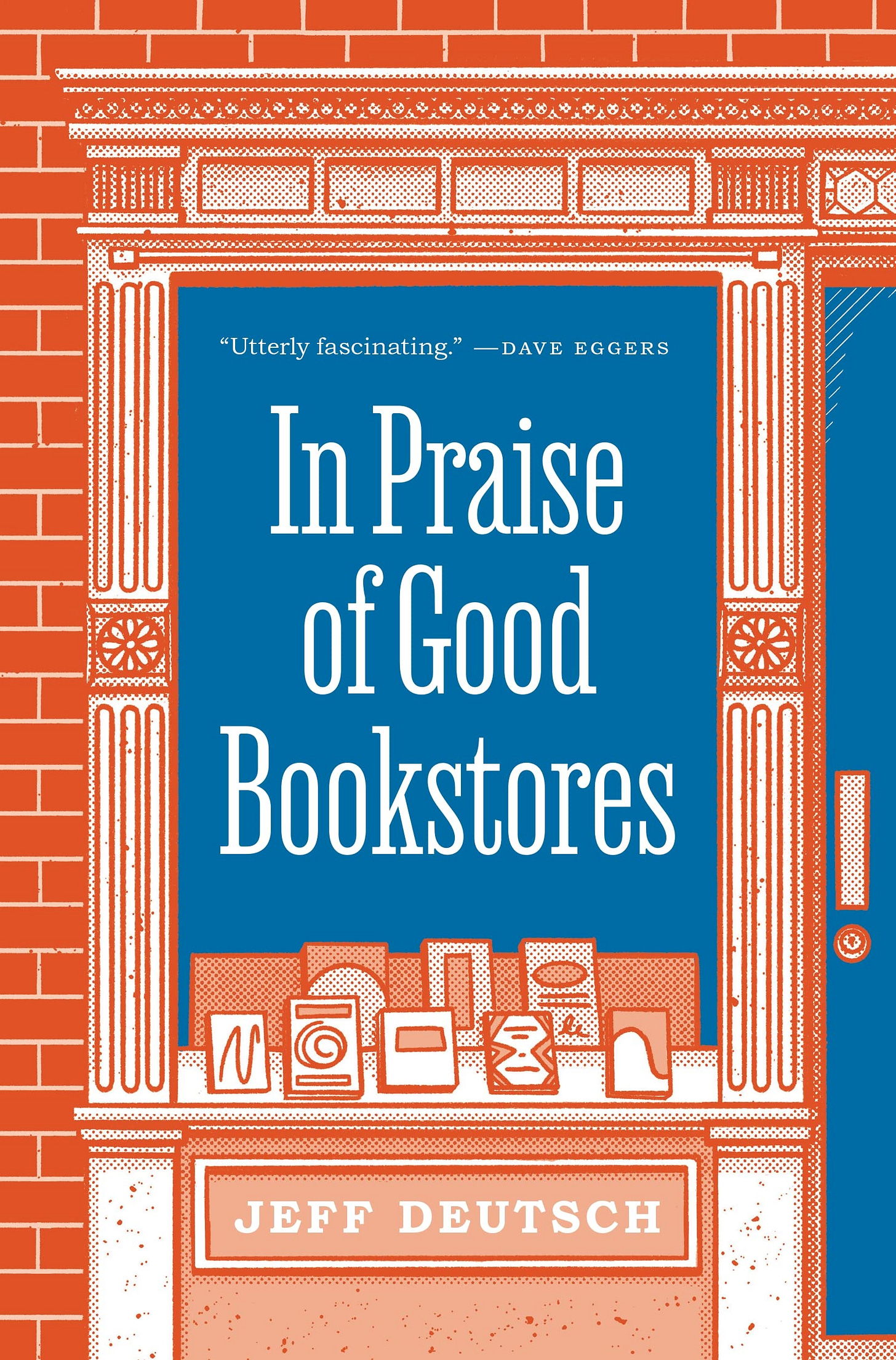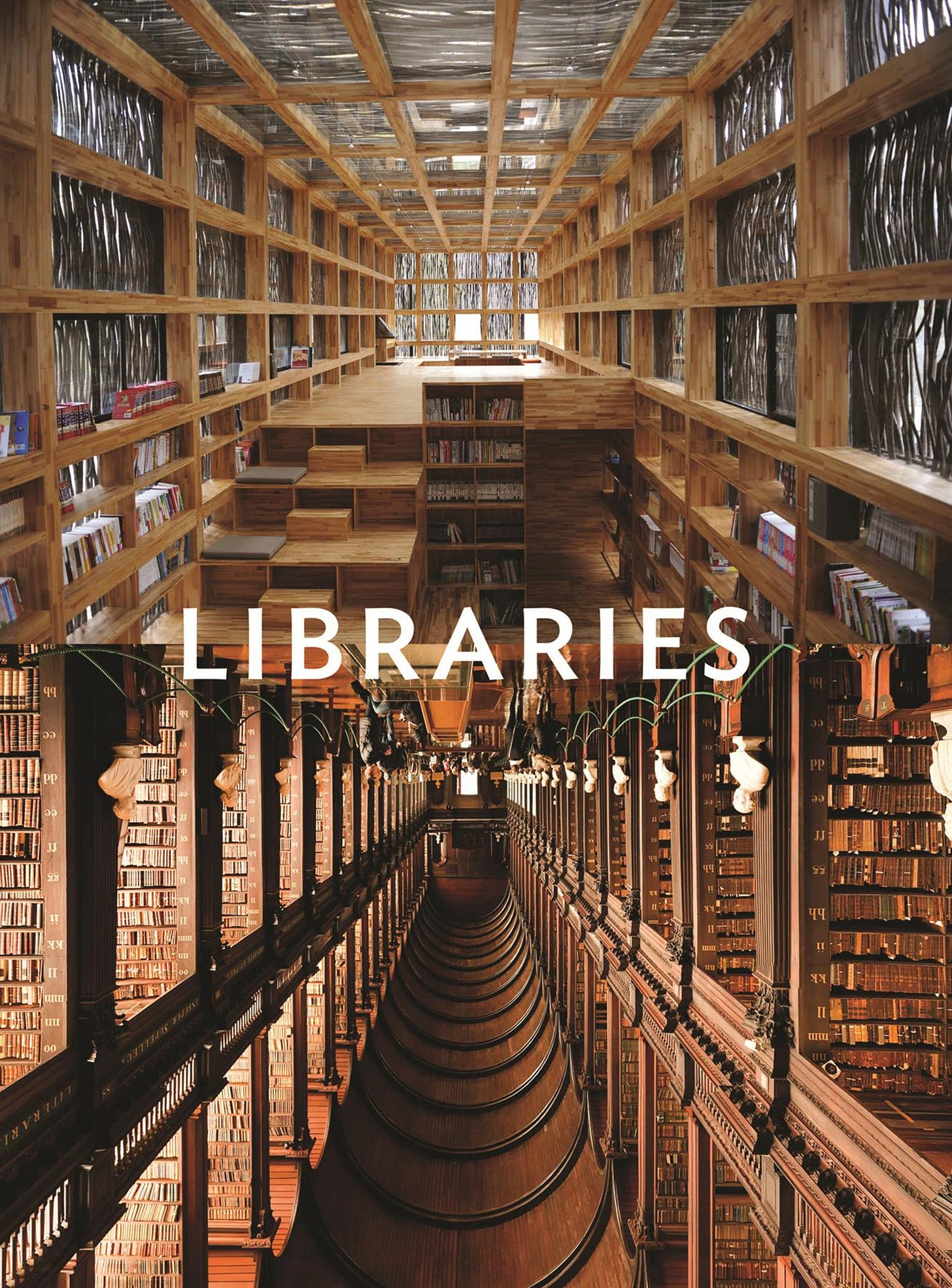On Books.
The Future Does Not Fit in the Containers of the Past. Edition 99.
The author of this post loves books and reads at least one a week.
All of them in analog form which are marked and underlined using a very special instrument( Faber Castell pencil )and then the best lines are copied by hand using a decades old Mont Blanc pen onto parchment paper in leather bound notebooks to be re-read at a date in the future.
The reverence for books extends to their habitats such as bookstores (and the Chicago Seminary Bookstore on the University of Chicago campus is one of the finest bookstores in the United States if not the world) and libraries as sanctuaries.
Every line in this post about books, bookstores and libraries are a conflation of the lines I have copied over the years. Not one of them are my own. All I have done is combined them into new arrangements to reveal how sampling books alone can create something interesting on any topic which in this case is books, bookstores, and libraries. Everything italicized is literally someone else’s sentences or paragraphs and if this was a published book my editors would have me hunt down and attribute every quote. Please bear with me for not doing so in putting together this piece but do note that almost everything about bookstores is from “In Praise of Good Bookstores” by Jeff Deutsch who runs the Chicago Seminary Bookstore.
Books.
The book has proved one of the most useful, versatile, and enduring technologies in history. It’s portability, ease of reference and ability to concentrate a large amount of data made it indispensable. It is difficult to imagine how some of the greatest turning points in history would have been achieved without it.
Life without books would be a mistake.
One is twisted into a more complex shape when reading a great book.
Books give me “me”
The best books are like surgeons. They change you but you do not remember them, and they leave no external mark. Drugs get flushed from our system but not the best stories. One story can change you because it a sequence of language that produces a chemical reaction in the body.
Books are ways to escape ourselves. They are another form of dreaming. They are the magic of using black marks on a white page to conjure people and place out of nothingness. They are the closest we will be to becoming someone else or living someone else’s life.
When a story is told it is not forgotten. It becomes something else. A history of what we were. A hope of what we can become. They traverse across time and space like a phrase drifting down the centuries to reach someone in their Michigan classroom.
Stories are data with a soul.
We undervalue books. Many people who would think nothing of spending $17 on a couple of lattes and some baked goods, bristle at spending the same amount for a copy of a book that might provide untold hours of reflection and unquantifiable fulfillment.
A book is a gift. A commodity has value, and a gift does not. A gift has worth. Value is the comparison of one thing with another. Worth is something that we prize but we cannot put a price on.
The most important things in the world seem to be impossible to measure whether it be meaning, knowledge, curiosity, beauty, kindness, justice, wisdom, and love. And books.
If it is wisdom alone that makes the price of books (and wisdom is an infinite treasure for humans,) then the the value of books is unspeakable…
Bookstores.
The good bookstore sells books, but the primary product, is the browsing experience.
One of the great benefits of browsing is the rumination it evokes.
Browsing is a form of idleness that energizes just like there are forms of productivity that are wasteful.
Every good bookstore allows the reader to get lost in it.
A great bookstore is a total environment, where nothing except books seem to exist fully, where everything else is either not important or already in the books.
Great bookstores curate, convene and focus on community to separate themselves from their digital counterparts.
They understand that the book with which one was familiar was not, in most cases, the book one needed. It was the unknown neighbor on the same shelf that contained the vital image.
Books have destinies as objects and people appointments with them. And bookstores bring them together.
How many books must ripen on the shelf before we are ready for them?
Bookstores are scarce because we undervalue them, and good bookstores are scarce because we undervalue our cultural wealth.
Libraries.
The library as institution is ancient. Dating back thousands of years though Egyptian, Greek, Persian and Roman history, the first libraries were primarily archives for storing information. Whereas the classical library was exclusive and catered to the privileged classes, the modern library is inclusive and accommodate all. Hence it is said the library of the future will break down the barriers further. This is an interesting task for the architect to design a building that defines conventions and looks to the future.
The rules of libraries:
Books are for use.
Every reader his or her book.
Every book its reader.
Save the time of the reader.
The library is a growing organism.
A great bookstore or personal library has cherished the thing of the mind; it has insisted on including all points of view, but it has been selective.
Every day from the library a book is borrowed and whether in the reading room, the bus home or in a coffee shop a discovery will be made with something in the book and each reader will find such epiphanies, such enrichments of mind and changes of heart can be the stuff of every day…
In the ideal world every person would possess their own library. The walls of each home would only seem to be made of books; wherever one would look one would only see spines: because every real book is a mind, an imagination, a consciousness. Together they compose a civilization or even several. And a library is an archive of personal history where returning to a book after years and looking at the lines you underlined you discover how you may have both remained the same and changed over the years.
The book does not change but you do and they help you mark the passing of time and the changing of you.
The “thingyness” of books.
Books have a “thingyness” to them. One you can feel, hold and smell.
There is much to be gained by eBooks: ease, convenience, portability. But something is lost: tradition, a sensual experience, the comfort of thingy-ness — a little bit of humanity.
We shall not understand what a book is and why it has value if we forget how important to it is its body, the building that has been built to to hold its lines of language safely together through many adventures and a long time. Words on a screen have a visual quality to be sure but they have no materiality, they are only shadows and when the light shifts they will be gone. Off the screen they do not exist as words. They do not wait to be reseen, reread, they only wait to be remade, relit. One cannot carry them beneath a tree or into a side porch. One cannot argue with them in their margins; One cannot enjoy the memory of their dismay, when perhaps after years, they return to a treasured copy of a book to find the jam they inadvertently smeared there…
Another “thingyness” of books is how you feel after you spend an hour with a good book compared to the conveyer belt of distractions that we scroll through on our digital devices which have been algorithmically optimized to maximize someone else’s objective.
One often leaves you empty or enraged while the other leaves you uplifted and enhanced.
Upgrade your mental and emotional operating system.
Read.
A book.
Rishad Tobaccowala is an author, advisor, speaker, and educator who distills four decades of experience to help people see, think, and feel differently so they can grow their companies, their teams and themselves. His book “Restoring the Soul of Business:Staying Human in the Age of Data” has been called by The Economist “possibly the best recent book on stakeholder capitalism” and Strategy Magazine named it one of the best business books.






Love this, Rishad. Two of my favorite quotes on books (which you may want to file away for future reference):
“When you sell a man a book, you don't sell him 12 inches of ink and glue - you sell him a whole new life.”— Christopher Morley
“When you reread a classic, you do not see more in the book than you did before; you see more in you than there was before.” — Clifton Fadiman
Fabulous. But you knew I’d say that ;)